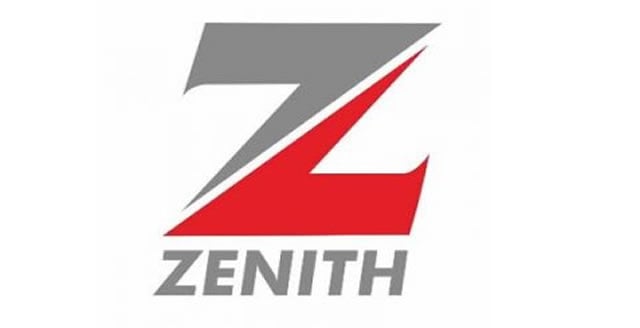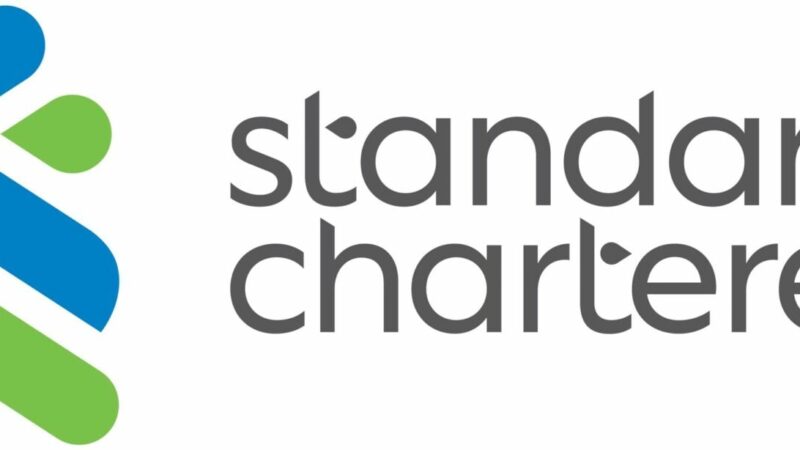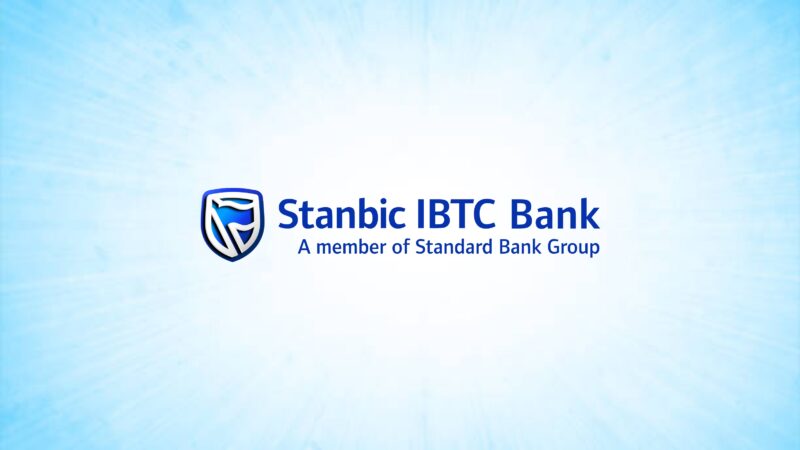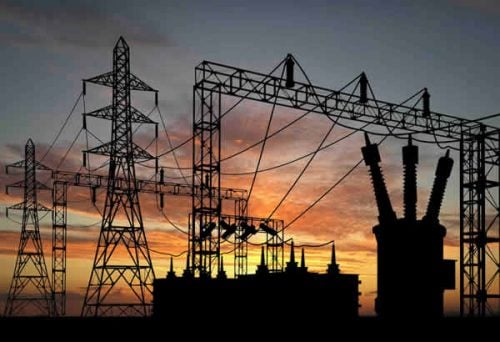11 states scrap telecom fees to boost broadband rollout

Nigeria’s broadband expansion push gained momentum after 11 states removed charges on Right-of-Way for fibre-optic deployment, the telecoms regulator said Wednesday, urging others to follow suit to speed up digital infrastructure projects.
RoW fees are levies imposed by state governments on operators for laying fibre cables along roads and public land. The charges have been a major barrier to broadband rollout in Africa’s most populous nation, where internet penetration lags global averages.
The Executive Vice Chairman of the Nigerian Communications Commission, Aminu Maida, said at a business roundtable in Abuja, that removing these fees is a critical step toward lowering deployment costs and accelerating connectivity.
Other states still impose the charges, leaving a fragmented regulatory environment that industry experts say slows investment.
“One of the most significant barriers to broadband deployment in Nigeria has been the high RoW fees charged by state governments, despite a resolution by the Nigerian Governors Forum fixing the rate at N145 per linear metre,” the chief regulator said in a statement.
“Recognising this challenge, the telecom regulator intensified advocacy with states to reduce or waive these fees to accelerate broadband rollout. Within the past two years, five additional states, such as Adamawa, Bauchi, Enugu, Benue, and Zamfara, have waived RoW fees entirely.
This brings the total number of states offering zero RoW charges to 11, while 17 states have capped it at N145 per metre,” he added.
Under the leadership of President Bola Tinubu and the Minister of Communications, Innovation and Digital Economy, Dr. Bosun Tijani, Nigeria is pursuing the ambitious targets of the National Broadband Plan (2020–2025). The plan sets a clear path to achieve 70 per cent broadband penetration by the end of 2025 and to deploy 90,000 kilometres of fibre-optic backbone infrastructure across the country.
Maida explained that a uniform and predictable RoW regime remains critical to Nigeria’s broadband investment climate, noting that inconsistent enforcement, weak coordination with road authorities, and the absence of clear planning protocols continue to create delays and cost uncertainties for telecom operators.
Beyond RoW, the NCC boss highlighted other persistent challenges, including multiple taxation, energy supply volatility, cumbersome permitting processes, and widespread vandalism of telecom infrastructure. According to him, between January and August 2025, Nigeria recorded 19,384 fibre cut incidents, 3,241 cases of equipment theft, and more than 19,000 cases of access denial to telecom sites.
“Together, these disruptions have caused prolonged outages, revenue losses, increased security costs, and delayed service restoration. They demonstrate why infrastructure protection must be at the centre of our collective agenda,” Maida said.
He warned that governors and state leaders must act decisively or risk leaving their economies behind.
“Every governor and state represented in this room holds a strategic lever. Waiving RoW charges, protecting telecom infrastructure, and proactively supporting fibre deployment are decisions that can determine the prosperity or stagnation of your states,” he said.
The NCC also announced plans to launch two strategic tools to deepen accountability and investment. These are the Ease of Doing Business Portal, a one-stop shop providing information and links to the 36 states and the FCT, and the Nigeria Digital Connectivity Index, an annual framework to measure and publish each state’s digital readiness and competitiveness.
“In the 21st century, prosperity now lies in data, connectivity, and human potential. Pipelines of oil are giving way to pipelines of fibre,” the regulator said. “Factories are being redefined by how many tech entrepreneurs we nurture, not how many smokestacks we build.”
Nigeria has set a target to expand broadband penetration and deepen access to digital services as part of its digital economy strategy, but progress has often been slowed by uneven state policies and regulatory bottlenecks. The NCC has been engaging with governors through forums and bilateral meetings to secure commitments on RoW and infrastructure protection.
Maida urged stakeholders to treat broadband expansion as a shared responsibility involving government, operators, security agencies, and development partners. “The digital revolution does not wait. Let us align, invest, and protect for the prosperity of our people and the future of our nation. Will we align, or be left behind?” he asked.







